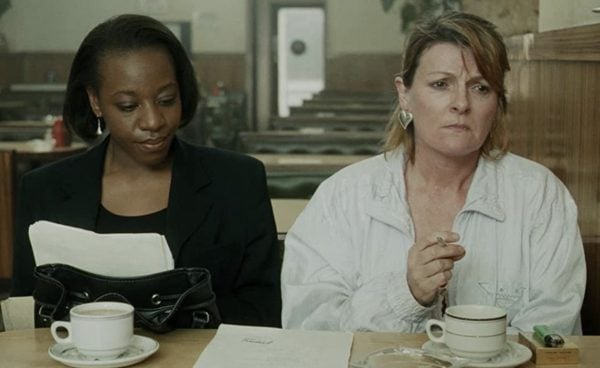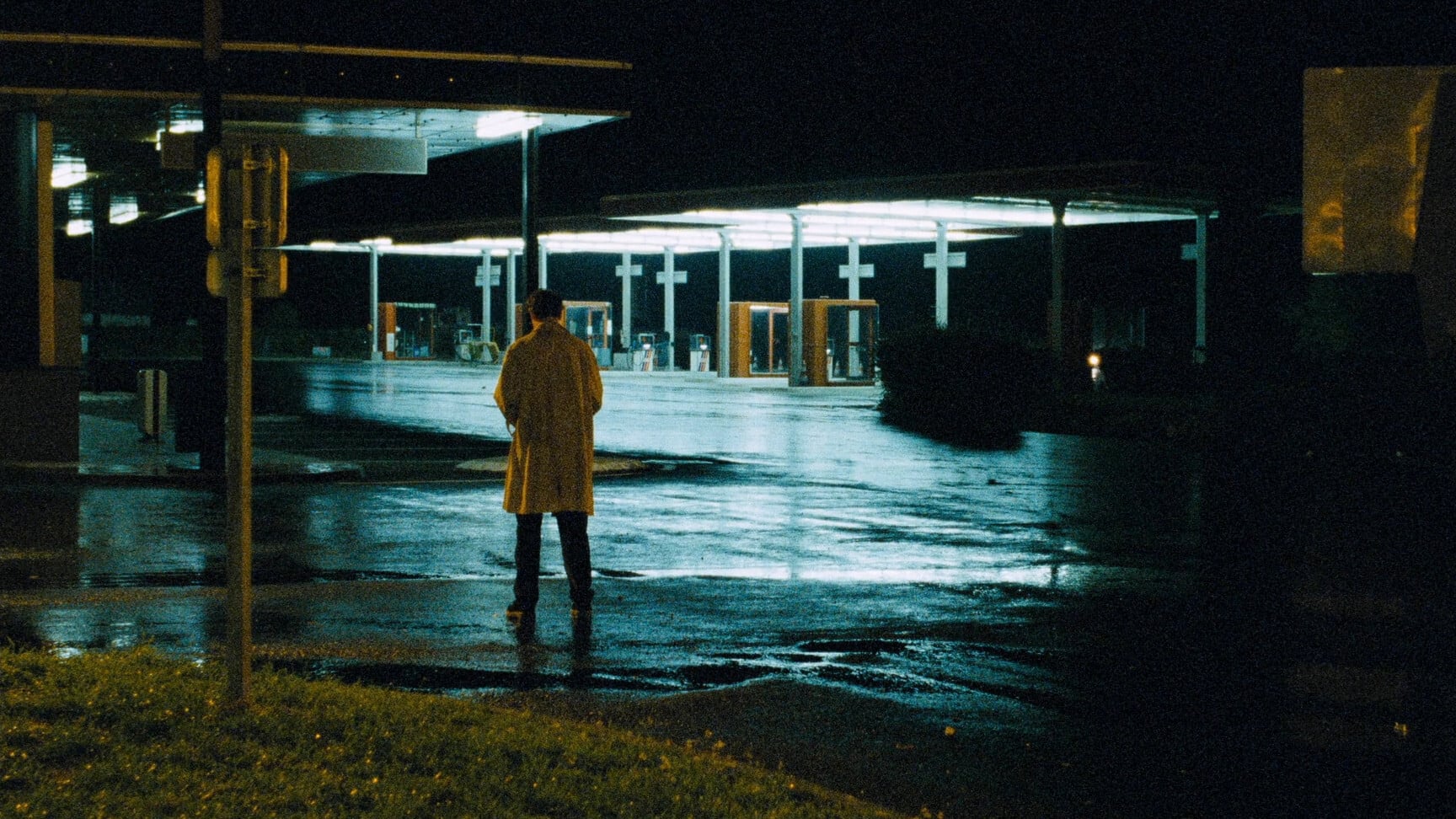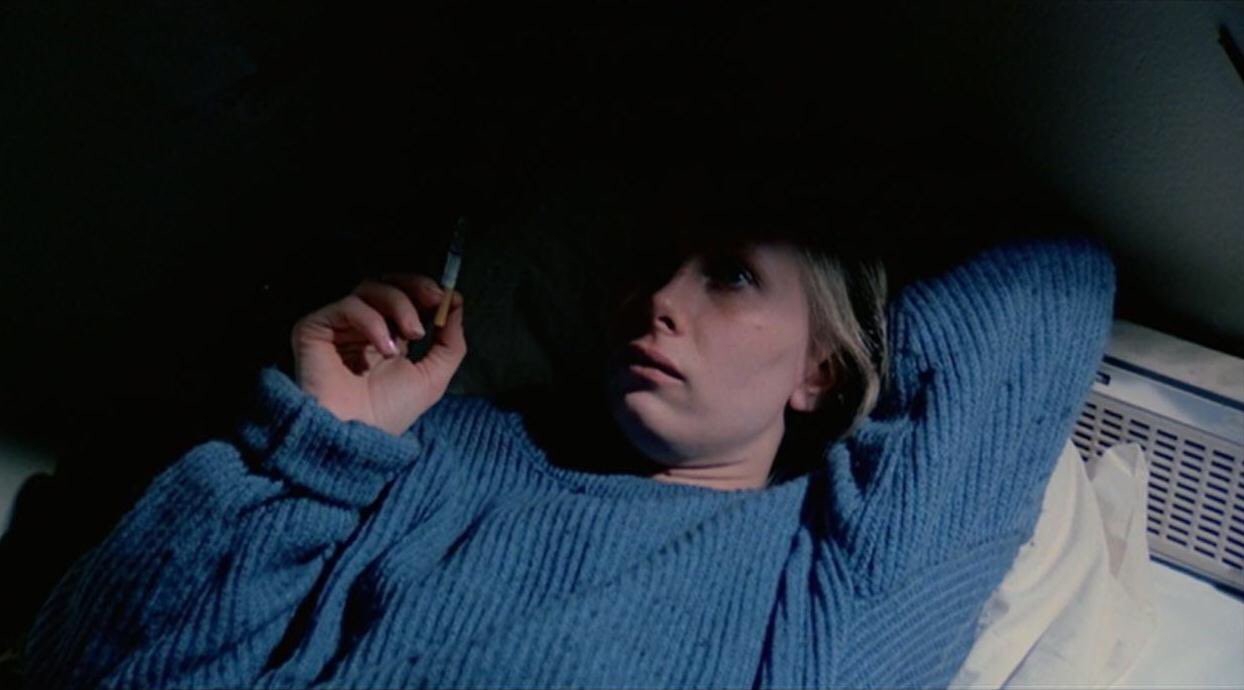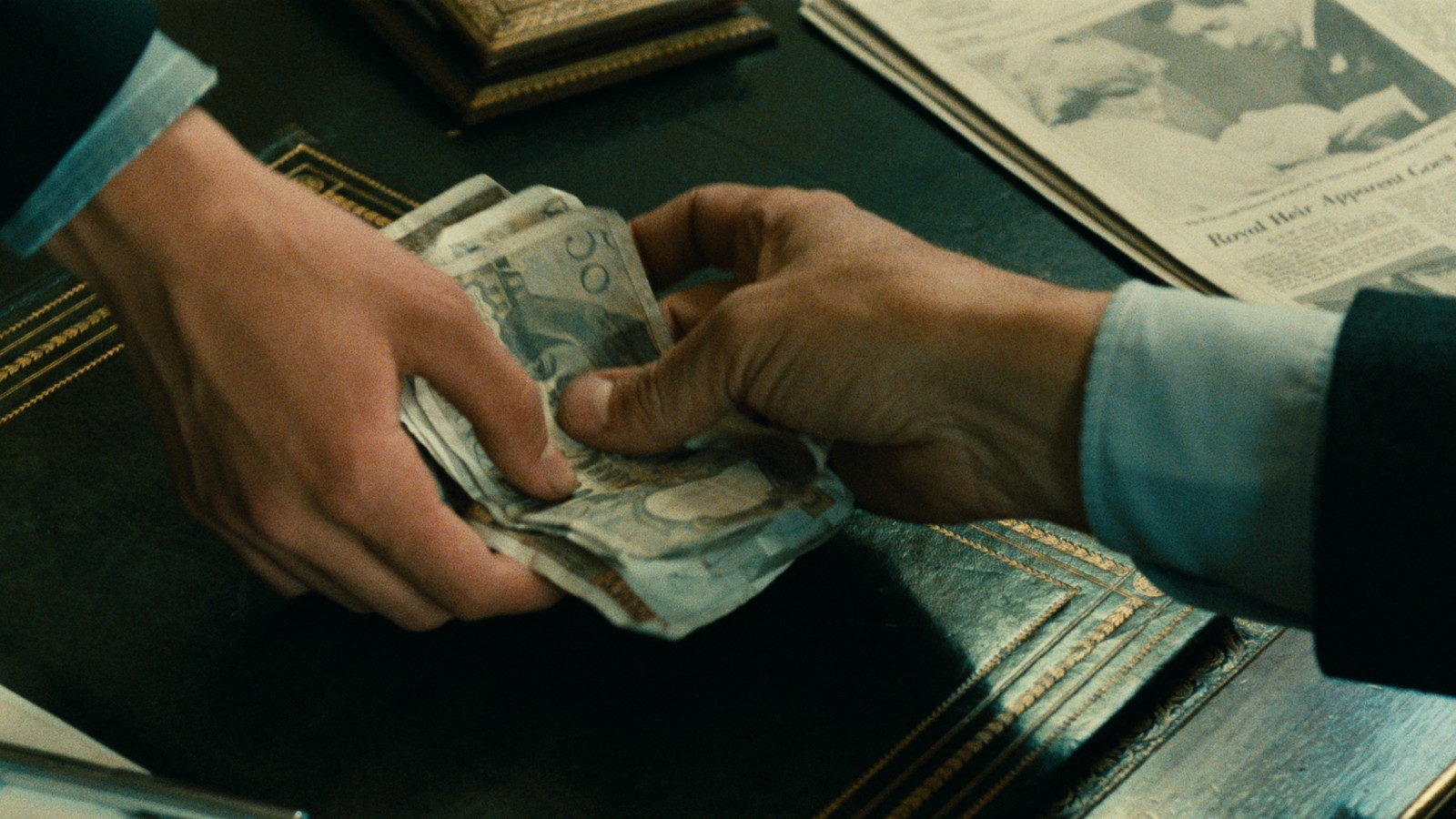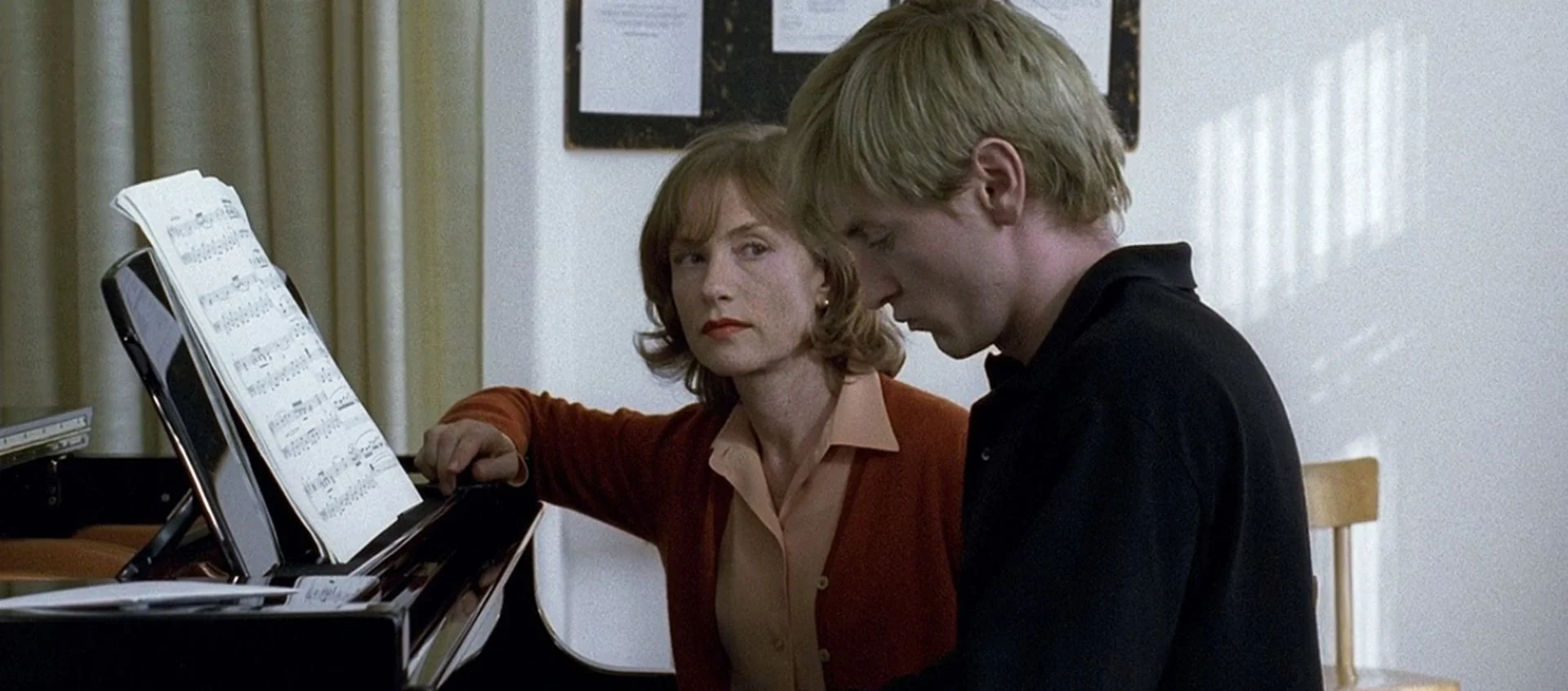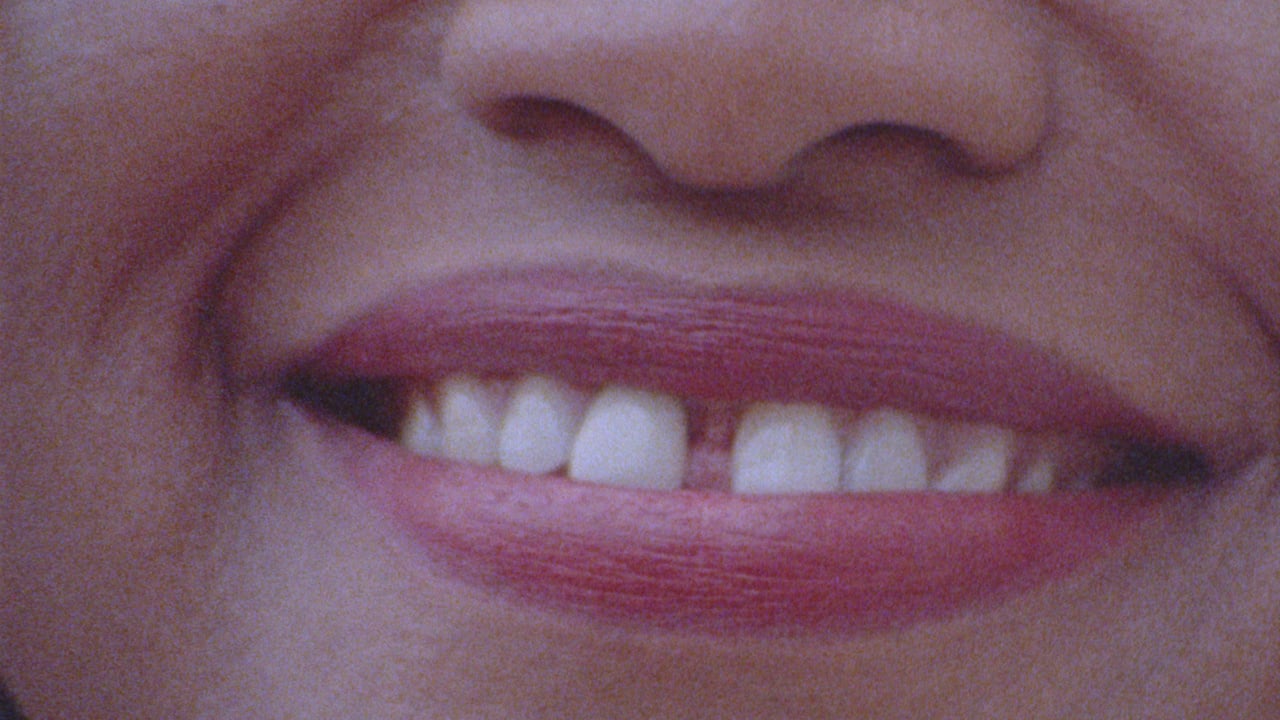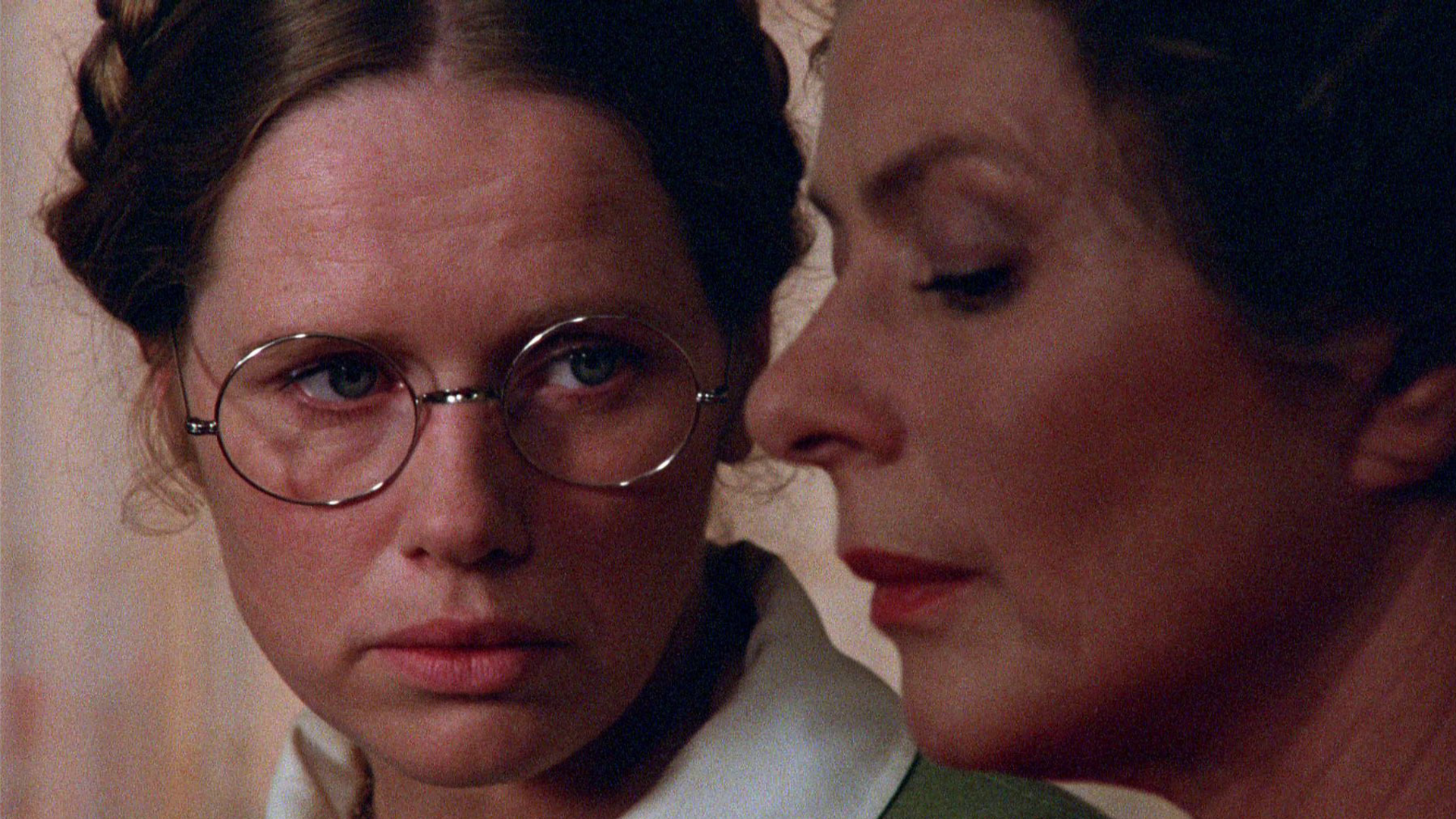
30 Best Movies on The Criterion Channel Right Now
April 20, 2025
Share:
The Criterion Channel is great for watching old classics, but as a streaming platform, it’s also full of recent movies (that will hopefully one day become classics). This list is for the best movies you can stream on Criterion that are recent (mostly released in the 2010s with one or two 90s movies).
Read also:
21. Secrets & Lies (1997)
Genres
Director
Actors
Moods
A woman yearns to find her biological mother, another woman struggles with infertility, a third wants to connect with her rebellious daughter. Director Mike Leigh has the prowess to seamlessly weave these stories together, and part of the joy is knowing, that like clockwork, these narratives are set on a spectacular collision course.
As melancholy as it is optimistic and as funny as it is tragic, Secrets & Lies is a perfect example of Leigh’s oeuvre and earned him a Cannes’ Palme d’Or. The film features a full cast of his regulars with the fantastic addition of Marianne Jean Baptiste as Hortense – the woman who sets the wheels of the film in motion.
22. The Vanishing (1988)
Genres
Director
Actors
Moods
Fear of abandonment is at the heart of The Vanishing. Lovers Rex and Saskia are separated on their way to France after the latter vanishes without a trace. For the next three years, Rex dedicates his life to finding out what happened to Saskia in whatever way possible, endangering his own safety in the process. George Sluizer’s chilling psychological thriller shows the evils that curiosity and obsession can bring, and is a uniquely perverse look at the ugly side of truth-seeking.
23. The Match Factory Girl (1990)
Genres
Director
Actors
Moods
With its 69-minute runtime, ultra-minimalist approach to camera movement, and dialogue so sparse it could fit onto a single page, the first word that comes to mind when describing The Match Factory Girl is “lean.” The second word is “bleak”: for most of the film’s slight duration, we watch as the lonely titular character (Iris, played by Kati Outinen) passively endures a relentless barrage of cruelties, whether from her coldly detached parents, callous love interest, or simply fate itself.
And yet, these words — apt descriptors of the film as they are — only capture part of what makes The Match Factory Girl such a magnetic and unforgettable watch. When a late twist sees the film swerve into even darker territory, director Aki Kaurismäki’s twin approaches fuse into one that’s greater than the sum of its parts. Rendered in his characteristic deadpan style, the shocking event becomes sardonically funny — a gutsy move that only a real master of tone, as Kaurismäki is, could pull off.
24. The White Balloon (1995)
Genres
Director
Actors
Moods
There’s a universe of hard-hitting emotion hiding in Jafar Panahi’s deceptively simple debut feature, which follows a seven-year-old girl’s attempts to buy a goldfish before Nowruz, the Persian New Year, dawns. From start to finish, her shopping trip only takes 80-something minutes, and all of the action is confined to a couple of Tehran’s streets — but, because we experience The White Balloon in real-time through determined young Raziah’s (Aida Mohammadkhani) perspective, her simple quest is transformed into a perilous and profoundly emotional odyssey for audiences. Every emotion — from fear to wonder — is magnified through Raziah’s eyes, so much so that an unfortunately timed gust of wind comes to feel like a punch in the gut, and the sight of a fluttering banknote a euphoric miracle. Co-written by master of the Iranian New Wave Abbas Kiarostami, The White Balloon wrings expansive humanism out of its tiny canvas.
25. L’Argent (1983)
Genres
Director
Actors
Moods
With his final film, octogenarian master filmmaker Robert Bresson found the violent, chilling truth in that old cliché, “money is the root of all evil.” L’Argent extends the simplicity of its title (literally, “Money”) into the fabric of the film, using an extremely bare style to track the devastating domino effect that a childish ruse has on one man’s life. When a shopkeeper realizes two schoolboys swindled him out of 500 francs with a counterfeit note, he decides to pass the problem on by paying delivery man Yvon (Christian Patey) with the false note. But when Yvon tries to pay for his lunch with the money, the police are called and his life unravels.
This is just the start of L’Argent’s clinical exploration of the meanness and littleness of man’s greedy spirit. Yvon’s downfall is chronicled with matter-of-fact coldness: everything onscreen is minimal, from the precise cinematography and frugal editing to the non-professional actors’ expressionlessness. This detached style encourages us to absorb all the bitter emotion of the story, which feels — in such an economical format as this — like a moral tale as old as time, but no less cutting.
26. Streetwise (1984)
Genres
Director
Actors
Moods
Martin Bell documents the lives of youth living in the streets of Seattle in the early eighties with profound empathy. It’s a type of filmmaking that doesn’t judge or condescend, but seeks to capture the humanity of its subjects. The result is a film bursting with life and laughter, and although tragedy lurks around every corner it isn’t over-sentimentalized or exploited, taking a backseat to the compassionate depiction of everyday moments.
The audience is left to its own devices to pull together the extent to which these youth have been failed by a broken safety-net and the expired promise of an American dream. These ideas rise to the surface naturally and serve as a testament to the power of the documentary form when it’s loosened from the grip of mawkish narrators and sugary moralizing.
27. The Piano Teacher (2001)
Genres
Director
Actors
Moods
Based on the Austrian novel, The Piano Teacher is as brilliant and as disturbed as its protagonist. The film follows Erika Kohut (Isabelle Huppert), the repressed masochist in question, and the trainwreck of a relationship that she develops with her student Walter Klemmer (Benoît Magimel). Their dynamic is undeniably toxic. Austrian auteur Michael Haneke frames each scene with clinical detachment, but it is absolutely brutal how the two characters try to assert control over each other, engage in sadomasochism, and repeatedly violate each other’s boundaries. Huppert’s heartrending performance fully commits to the merciless treatment Erika receives. But more tragic is the way Erika’s unusual relationship could’ve freed her, could’ve helped her process her abuse, and instead, reinforces her repression. It’s scary to make yourself vulnerable by admitting your desires, only for them to be used against you.
28. Gap-Toothed Women (1987)
Genres
Director
Actors
Moods
Despite the amusing specificity of its title, this lovely documentary from director Les Blank is really for all of us. Through the example of gap teeth — a physical feature many of the participants here report being made to feel self-conscious about — the film makes a rallying call to embrace ourselves and all of our physical “flaws.”
A big part of what makes this film so heartening is that so many of the women featured here (including model Lauren Hutton) have come out on the other side of loathing their gap teeth, giving us a tangible example of what it looks like to love yourself in spite of other people’s opinions about your body. What’s more, even within a limited runtime, Blank finds space to devote to exploring other aspects of the featured women’s lives — their art, professions, religious practices — and thereby quietly expands the film’s focus from physical beauty and onto the myriad beauties of life itself. It’s an ironic pleasure that Gap-Toothed Women ultimately refuses to define its subjects by the very feature described in its title, and instead gives us this life-affirming shot of wisdom for the ages.
29. Merry Christmas, Mr. Lawrence (1983)
Genres
Director
Actors
Moods
The tragic irony of war — that, if battling soldiers had been born in any other time or place, they may well have been friends with each other — takes center stage in this brilliant drama set in WWII-era Java. It’s a theme best encapsulated by Captain Yonoi (Ryuichi Sakamoto in his film debut), the bushido code-following commandant of a Japanese POW camp: “How wonderful it would have been if we could have invited all of you to a gathering under our cherry trees,” he muses to the titular British Lieutenant Lawrence (Tom Conti), one of his prisoners.
Lawrence is the camp’s mediator, and not just because he’s fluent in Japanese; in the culture clash microcosm that is the camp, he is uniquely understanding of his captors’ way of life. That earns him special privileges of sorts from the camp’s often brutal enforcer (Takeshi Kitano), but this pales in comparison to the instant partiality with which the charismatic Major Jack Celliers (David Bowie) enjoys, courtesy of a smitten yet deeply repressed and tormented Yonoi. This psychosexual undercurrent bubbles furiously throughout Merry Christmas, Mr. Lawrence, deepening its (already poignant) lamentations about war’s humanity-stripping effect and the self-imposed prisons that are honor and shame.
30. Autumn Sonata (1978)
Genres
Director
Actors
Moods
A film like Autumn Sonata shouldn’t work; on paper, it’s simply a confrontation between a resentful daughter and her vain mother. But in the masterful hands of Ingmar Bergman, their knotty relationship unfolds in thrilling, cathartic, and painfully relatable ways. Every accusation feels like a lashing. Every breakdown rips your heart. As a viewer, you sympathize with whoever is onscreen–that’s how real each character seems. You root for the neglected daughter, but also for the pianist who followed her heart and chose career over children. As with most Bergman films, Autumn Sonata feels like an evisceration of one’s soul, but it will feel extra relatable to those of us who’ve harbored secret resentments over our parents or children.
Comments
Add a comment
Ready to cut the cord?
Here are the 12 cheapest Live TV streaming services for cord-cutting.
More lists
Lists on how to save money by cutting the cord.
Curated by humans, not algorithms.
© 2025 A Good Movie to Watch. Altona Studio, LLC, all rights reserved.
